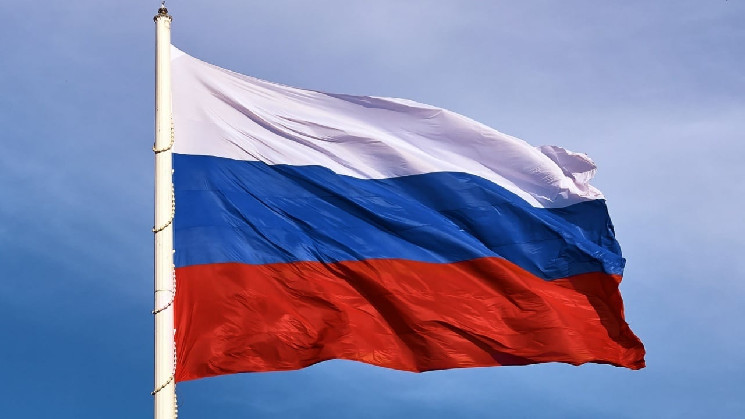Russia’s central bank now mandates the registration of foreign exchange trade contracts involving digital rights, aiming to enhance oversight, integrate cryptocurrencies, and ensure financial stability.
Bank of Russia Tightens Grip on Crypto Deals and Digital Tokens
Russia’s central bank, the Bank of Russia, has introduced regulations to manage foreign exchange operations involving digital rights. Digital rights, defined under Russian law, include electronic records such as cryptocurrencies, tokenized securities, and digital tokens. These rights represent claims or obligations tied to assets or services. The new ordinance, effective Jan. 11, outlines the obligations for residents engaging in such transactions, aiming to provide clarity and enhance oversight in the use of digital assets for trade and payment purposes.
One of the key requirements outlined in the regulation is the mandatory registration of foreign trade contracts involving digital rights settlements with authorized banks. The document states:
Foreign trade contracts, including those providing for settlements using digital rights, must be registered with authorized banks. The thresholds for the registration of these contracts remained unchanged: over 3 mln rubles for import and 10 mln rubles for export contracts.
This threshold ensures a balance between regulatory oversight and operational efficiency for businesses using digital rights in international trade.
In addition to registration, the Bank of Russia has explained: “The ordinance specifies documents and information residents are supposed to provide to banks. These documents and information include data on transactions to transfer or receive digital rights as a means of payment under foreign trade contracts and on other foreign exchange operations related to digital rights.”
By defining these requirements, the Russian central bank aims to integrate digital rights into the broader financial system while mitigating risks associated with their use. This move reflects the growing significance of digital rights in the global economy and underscores the need to establish a robust framework that fosters innovation, enhances transparency, and ensures financial stability.

